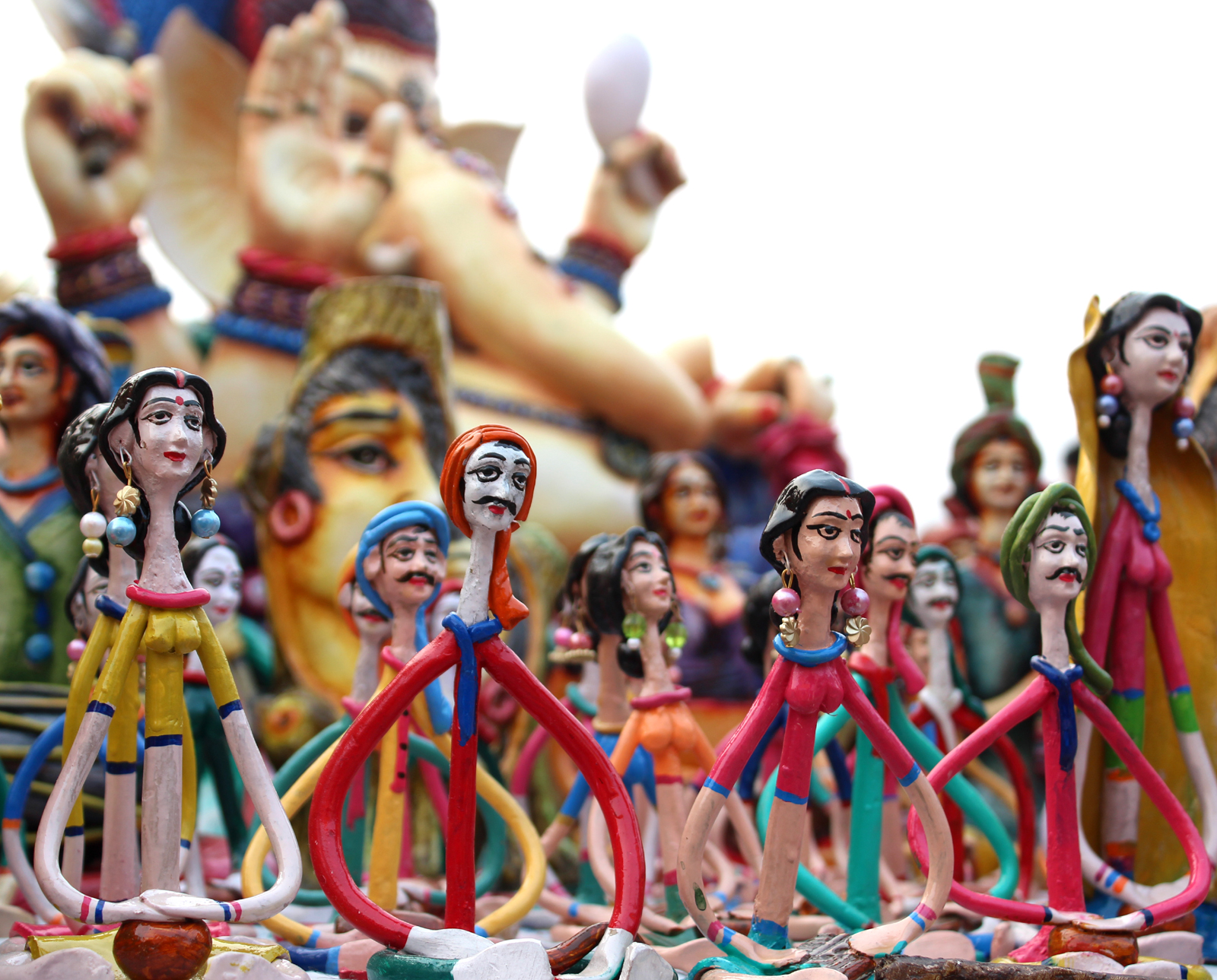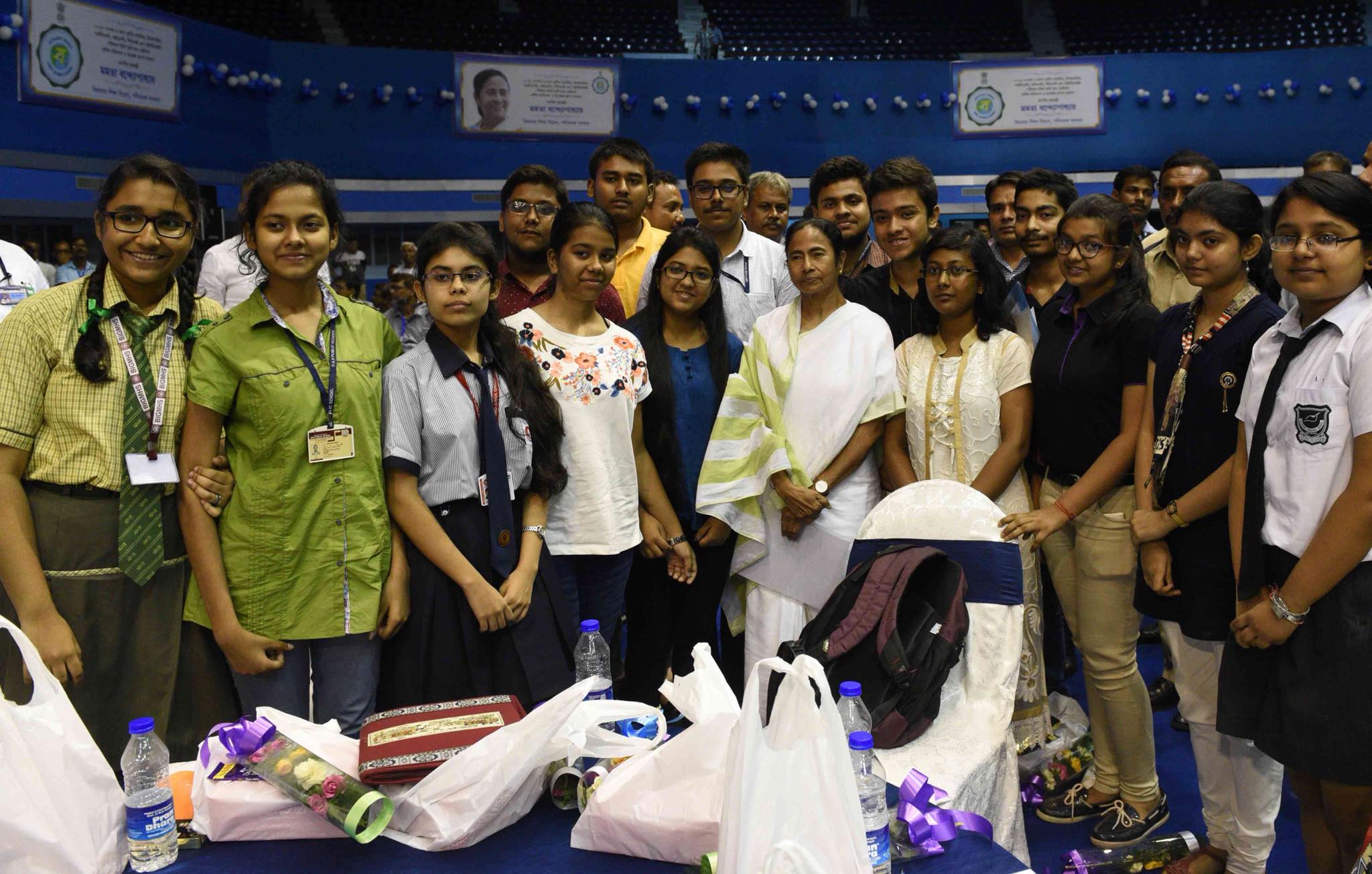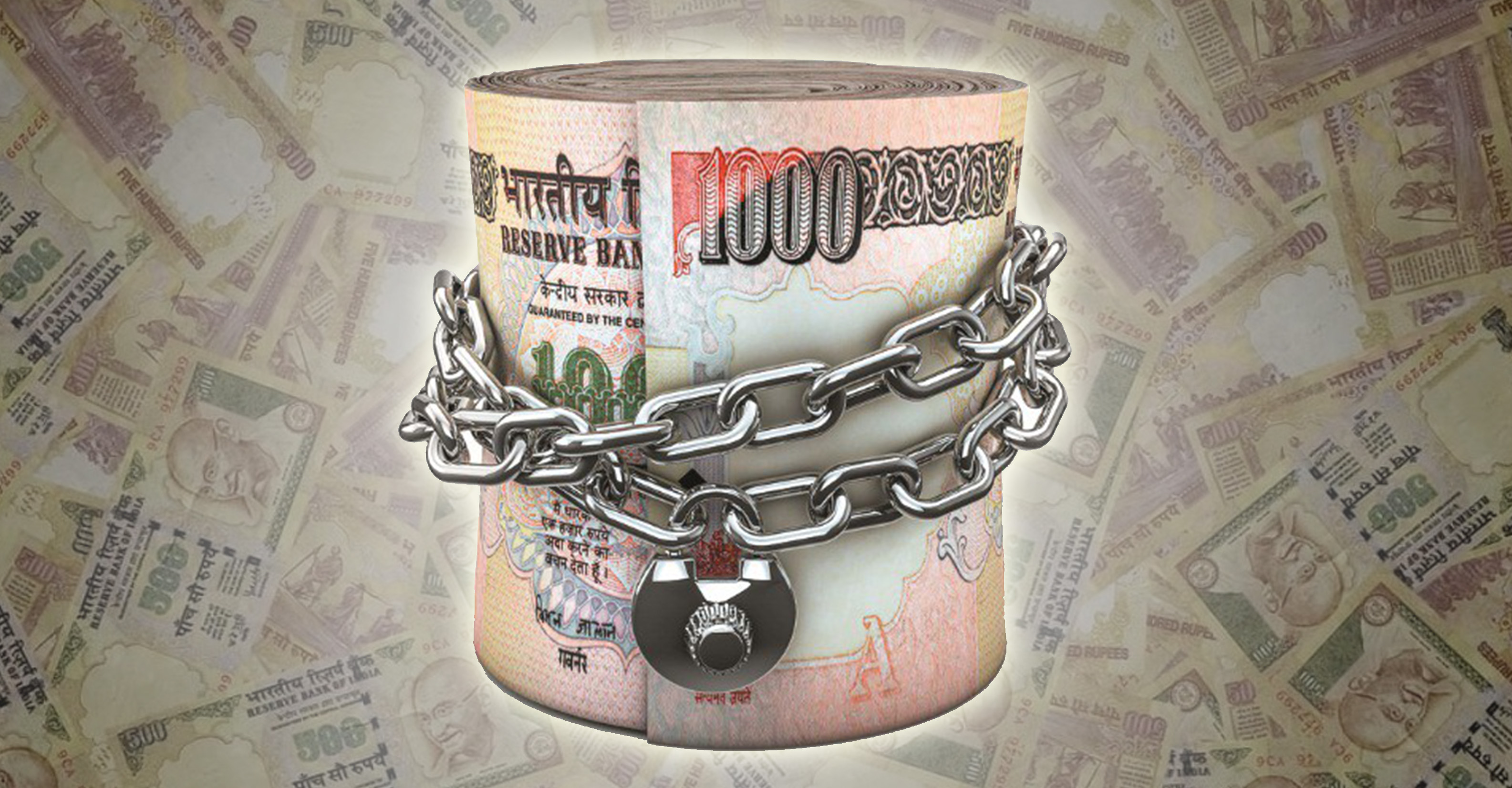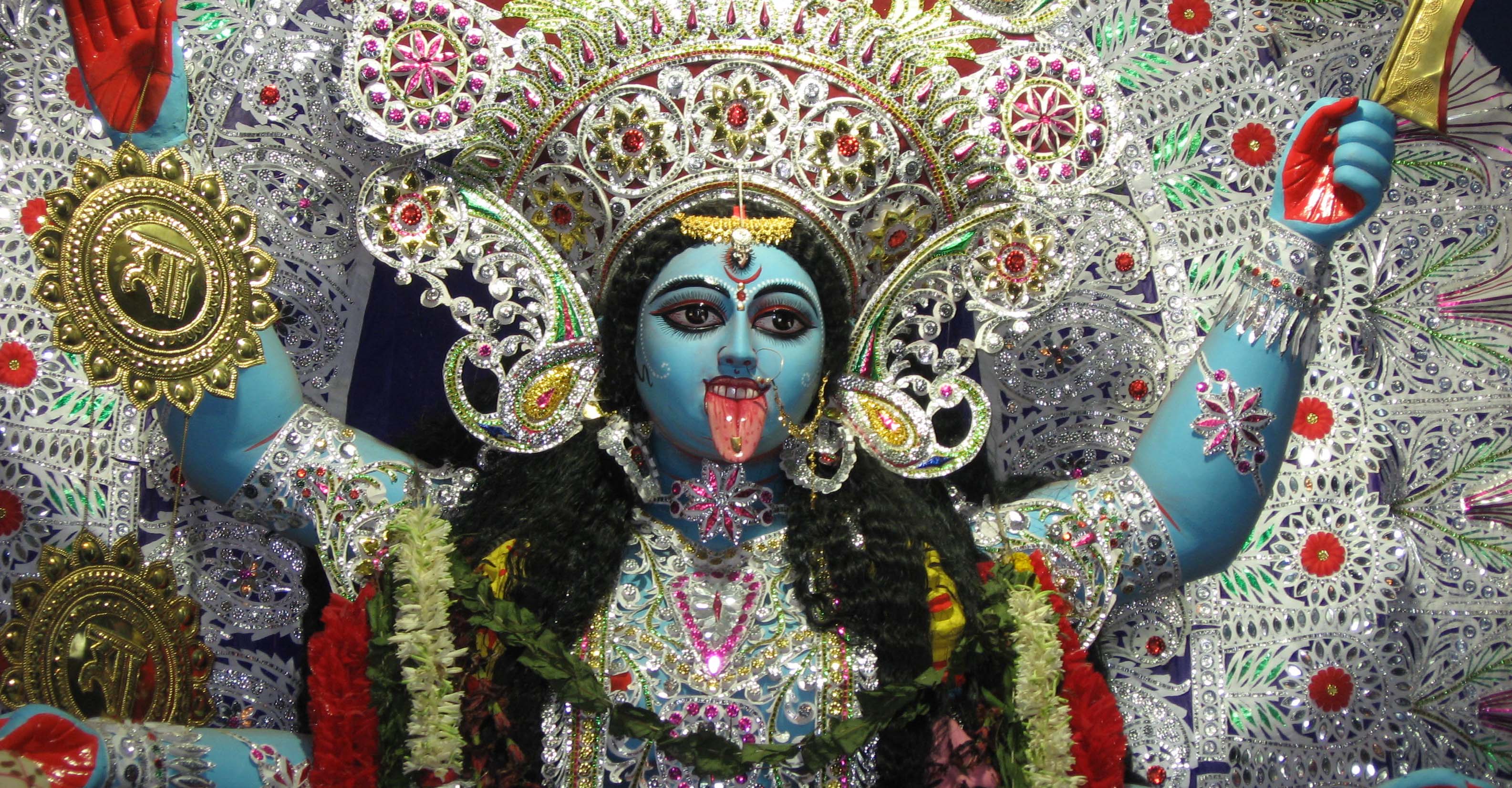On the evening of November 8, 2016, the Prime Minister suddenly announced on television that all Rs 500 and Rs 1,000 currency notes were being withdrawn, starting immediately. This stunned one and all. To enable people to exchange the notes with currency of other denominations, a 50-day window was given.
This disastrous step – supposedly for combating black money, stopping the funding of terrorists and what not, all of which turned out to be highly misleading – in fact, was condemned at every level and by almost all economists of repute, including some of the leading international ones, and several leading politicians.
However, Chief Minister and All India Trinamool Congress Chairperson, Mamata Banerjee stood out for having the foresight to condemn this dire step in no uncertain terms from day one. She was the first and certainly the most strident critic of this ill-thought-out step, and still continues to be so. In fact, her first series of tweets went out on November 8 itself, and they spread like wildfire and gave courage to many to come out openly against demonetisation in the coming days, months and years.
The people of the country suffered endlessly for this little-planned step of the Central Government. More than 130 people died just because of ill-health from standing for hours in queues in front of banks, trying to exchange their currency notes.
Not just that, the Prime Minister’s promise of all problems being solved by December 30, the last day of demonetisation, turned out to be a mirage. The desert of despair spread far and wide, and parched dry people’s livelihoods and savings. Demonetisation and the resultant shortage of currency notes caused many small business establishments to down shutters. As a result, the workers working there lost their jobs – a few lakhs across the country.
The closing down of businesses caused a huge loss to the economy of the country, from which it is yet to recover fully.
After November 8, Mamata Banerjee continued tweeting out her thoughts on demonetisation, and still does whenever required. She never forgets to remind people of the cruel step taken. Alongside, she wrote a book and a poem too, condemning the Centre’s decision.
The book, Note Katha, and the poem, deal with all the troubles which demonetisation caused to the common people. The book was released at the 2017 Kolkata International Book Fair and became a bestseller.
During the period of demonetisation, Mamata Banerjee led several street protests and multi-party public meetings across the State and the country – in Kolkata and other places in Bangla, and in Delhi, Lucknow and Patna. Everyone rallied around her and extended their support to her, and gathered courage to lead further protests in their own ways. Trinamool Congress Members of Parliament organised protests at Parliament and led efforts in cornering the Central Government inside both Houses of Parliament on the issue.
The Trinamool Congress Government in Bangla was not just content with protesting. It did its best in helping people. The Samarthan Scheme was introduced to help people who had to return to the State after losing their jobs, especially those doing contract-based and odd jobs, to start their own businesses. It was a much-appreciated effort, and the people’s love and respect for their beloved Didi increased manifold.
Mamata Banerjee continues to speak out against demonetisation, and has made it a plank to attack the atrocious governance of the government at the Centre. Her foresight, quick thinking and courageous step on that fateful night of November 8, the ripples from which soon turned into a high tide of condemnation country-wide, will forever be remembered in the modern history of India.










